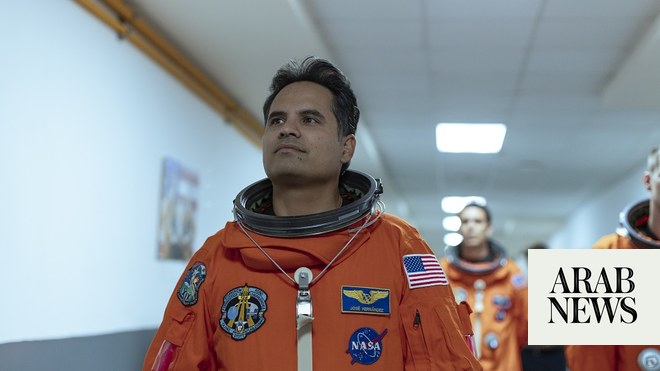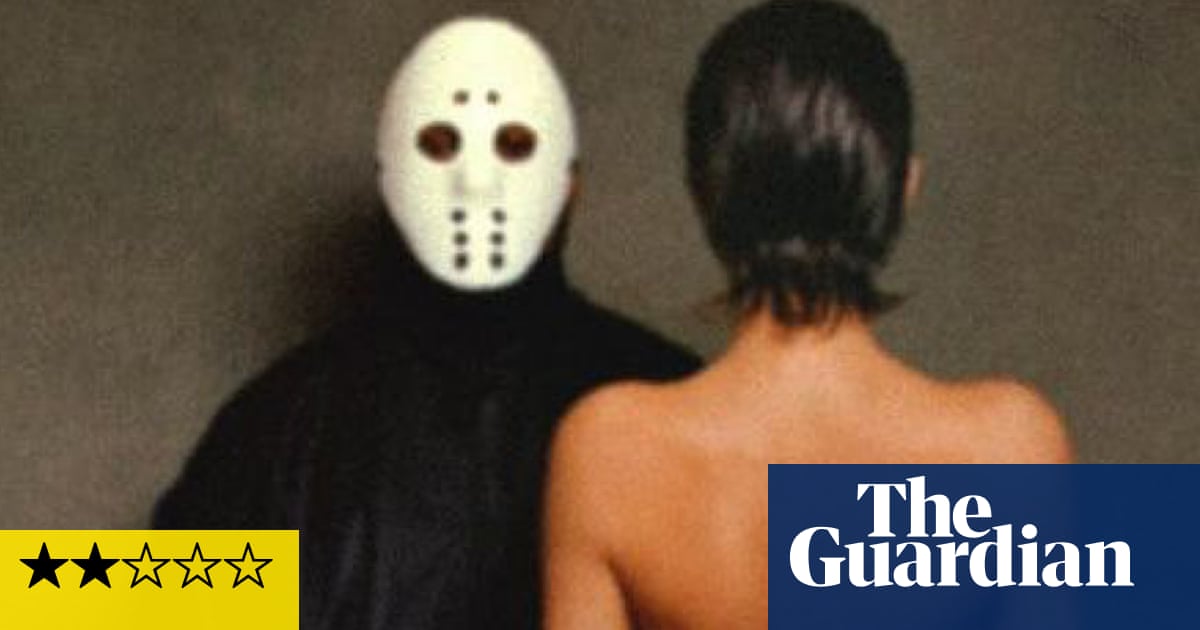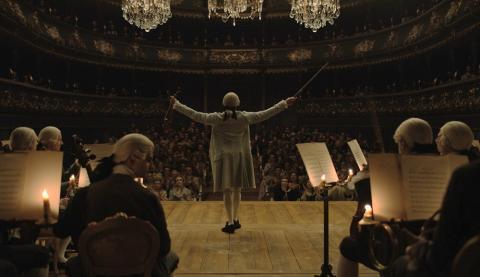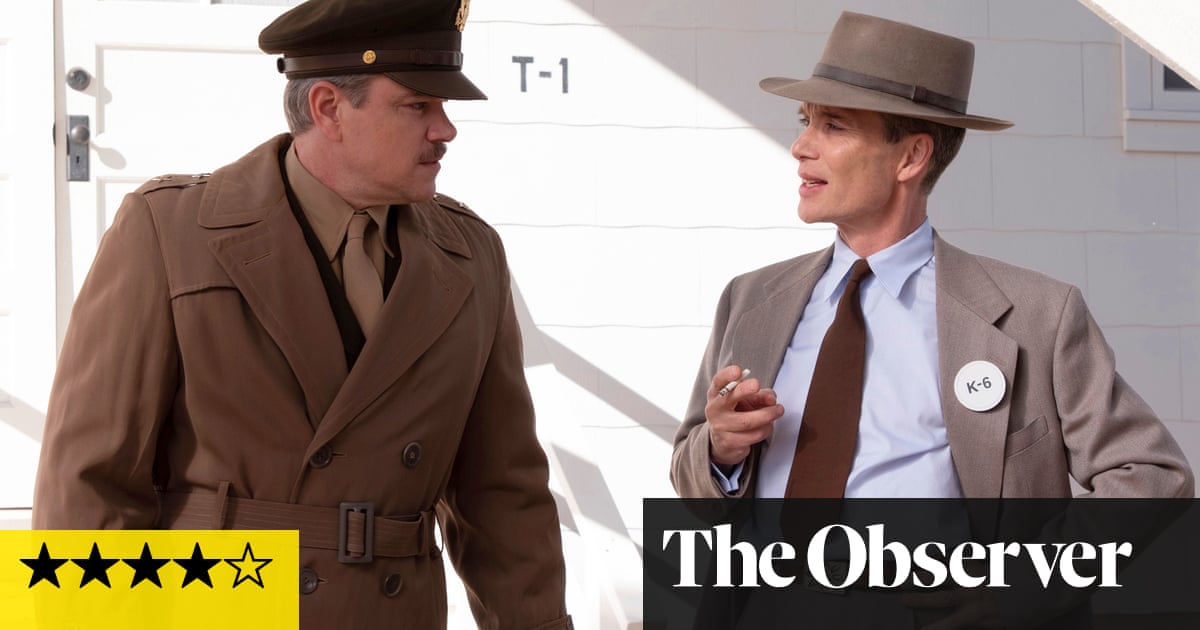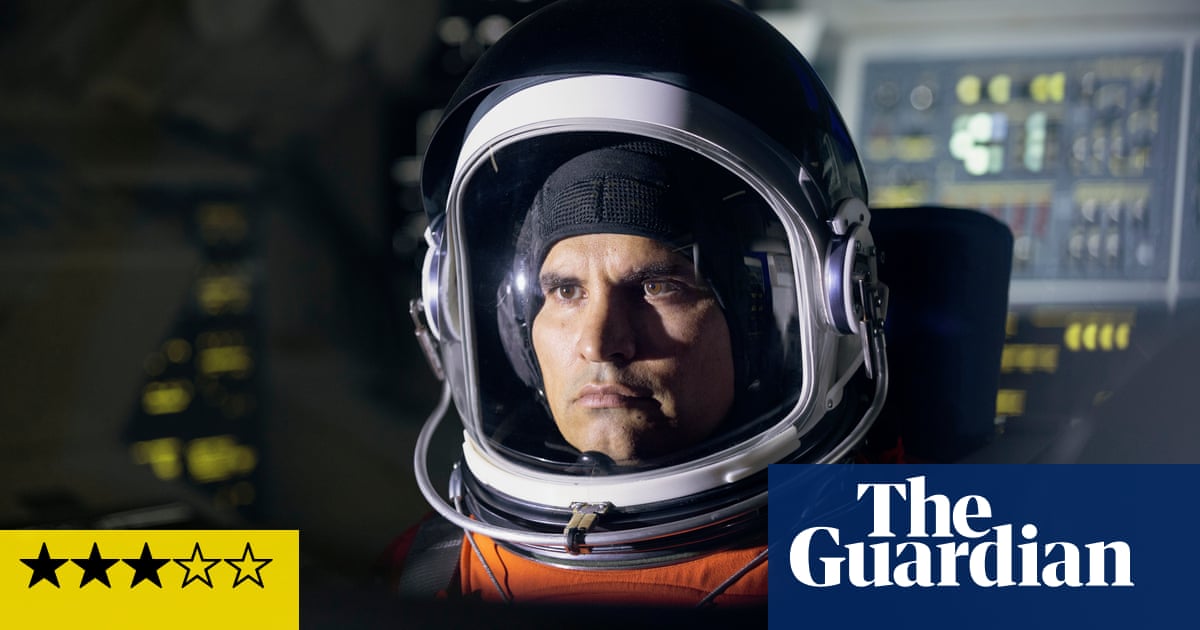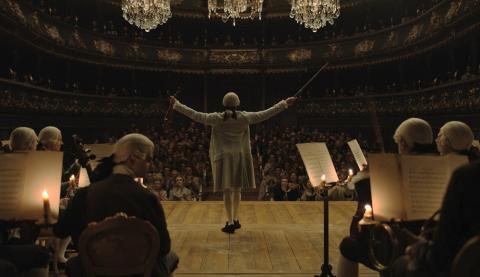
The three-part documentary series Jeen-Yuhs: A Kanye Trilogy (Netflix) opens with footage of Kanye West behaving exactly like a seasoned observer of Kanye West’s recent career might expect the 44-year-old rapper to behave. He is in the Dominican Republic, simultaneously recording a vocal, urging his people to push forward with his desperately ill-considered and disastrous 2020 presidential run, dealing with the contracts pertaining to the documentary you’re watching and tweeting something that’s clearly incautious.
“Don’t tweet that?” he snaps at someone off-camera, who has evidently suggested he think twice, before firmly pressing the send button. Then the footage cuts out. According to the documentary’s makers Clarence “Coodie” Simmons and Chike Ozah, in the Dominican Republic they felt obliged to stop filming in order to spare viewers West’s notorious and long-winded rants: fuelled, Simmons has suggested, by West drinking on top of medication for his bipolar disorder, much against doctor’s orders.
It’s a choice that speaks volumes about their longstanding relationship with the rapper, which began more than 20 years ago, when Simmons was making a public access TV show about Chicago’s hip-hop scene and West was a local talent: Simmons suggested he follow West’s attempts to make it, and West agreed; the resulting footage accounts for most of Jeen-Yuhs’s running time. There’s something genuinely touching about Simmons’ actions – “He wasn’t himself,” he said later, “this is my brother right here.”
The Kanye West that Jeen-Yuhs depicts via hours of video shot in the early 00s seems noticeably different to the popular image of Kanye West today. He is certainly self-assured, but he’s extremely charming and funny with it. It would take quite an effort on the part of the viewer not to warm to him, and a frankly superhuman effort not to love his late mother Donda. A constant source of support and wise counsel, her beaming pride in her son doesn’t preclude her giving him a talking-to on the difference between confidence and arrogance – a scene it’s hard to watch without thinking that her death in 2007 might have robbed her son of a few more lectures that wouldn’t have gone amiss.
The film captures West attempting to transition from his role as a hotly tipped producer to a career as a rapper, initially with little success. You see him move to New York in pursuit of his dream, and recording the songs that would form his debut album The College Dropout, in his apartment and hotel rooms.
Despite the fact that Jay-Z’s album The Blueprint – partly produced by West – had just sold 2m copies, West is reduced to wandering the corridors of Jay-Z’s record label Roc-A-Fella, rapping for uninterested secretaries in the hope of attracting attention. Other labels express fleeting interest but ultimately don’t sign him. Other artists are happy to provide a little encomium for Simmons’ camera about West’s talent, but not much else.
In one quite heart-rending scene, West manages to get Houston MC Scarface into the studio with a view to him adding a guest verse to one of his tracks: there’s a palpable hint of desperation about West’s pleading, but no guest appearance is forthcoming. Even when Roc-A-Fella comes through with a deal, it seems designed more to stop West producing for other artists than actually making records of his own. The label’s co-founder Damon Dash is visibly uninterested in his efforts.
On one level, all of this amounts to a heartwarming tale of persistence, struggle against the odds and justified self-belief. His record label eventually gave way. The College Dropout went on to sell 4m copies, spawn a string of hit singles and be nominated for 10 Grammys. The song the secretaries wouldn’t listen to West performing, All Falls Down, has now been streamed nearly 248m times on one platform alone; the track Scarface declined to contribute to, Jesus Walks, regularly makes lists of the best songs of the 2000s and the greatest hip-hop tracks of all time.
However, West’s abilities as a musician are frequently close to being overshadowed by his image as an opprobrium-attracting blowhard, who is a Trump-supporting fan of rightwing crank Candace Owens. So there’s another, more troubling, interpretation of the story Jeen-Yuhs tells. West has charged through the rest of his career, evidently fuelled by an unshakeable conviction that he is always right and that refusing to listen is an untrammelled virtue. You can see how the events depicted in Jeen-Yuhs might have led him to those beliefs.




